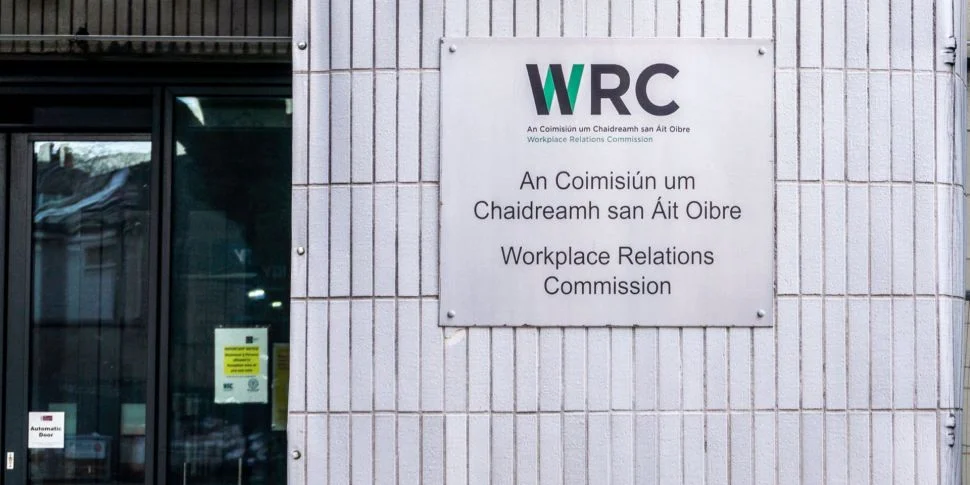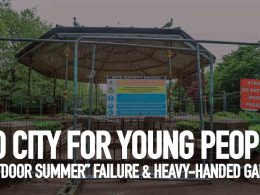By Finn McKenna
With the new year comes a new series of pay negotiations and even the prospect of industrial action within the public sector.
As we go to press, negotiations have broken down between the government and unions. The primary issue for the unions is pay. The trade union leaders presented the ‘Building Momentum’ agreement as a positive step forward for their members. The reality of Building Momentum, however, was that it represented a pay cut for workers due to spiralling inflation.
Coinciding with inflation in 2021 was the super-profiteering of the energy and grocery giants. The current government is obviously unwilling to offer a pay deal that matches inflation. The unions are also under pressure from a growing dissatisfied membership that endures compounding social crises in Irish society, ranging from cost-of-living increases to the ever-worsening housing disaster and forever neglected public services.
A strategy for inflation-busting pay
The following point must be hammered home: there are 500,000 workers in the trade union movement in Ireland. In FORSA alone, there are 80,000 workers. This force, if mobilised, has the potential to force the government to pay a real wage increase, at least in line with inflation. The union leadership is finding itself increasingly in a bind. Their approach of lobbying politicians to secure pay increases is totally ineffective.
There is increasing frustration and pressure from the membership on issues such as pay. The only way to meaningfully resolve the impasse in the interests of public sector workers is for the Trade Union movement to plan industrial action in a serious way. In Britain, strike action by public sector workers wrestled pay rises from an intransigent Tory Government. We can do the same here.
How we can organise and win
If the union leadership is unwilling to do what is necessary, we, as members, must make our mark. Pressure must be brought to bear on the union leaders that they cannot continue to accept deals which sell us short. In the event of a ballot for industrial action, we must demand a result that forces the government to deliver on inflation-busting pay. This would include intensive organising in workplaces, recruiting new members because the union must struggle for its members and demand its rightful share of the national income.
Town hall meetings and lunchtime protests are important starting points in raising the demand for inflation-busting pay, but we cannot be limited to this. A serious industrial strategy that includes escalating strike action must be implemented.
Lastly, the point must be stressed that the trade union movement must once again become a vehicle to mobilise and organise workers to fight for rising wages, ending the housing crisis, and more broadly take on the far-right. It means fighting for a union movement based on the socialist ideas of Connolly and Larkin.












